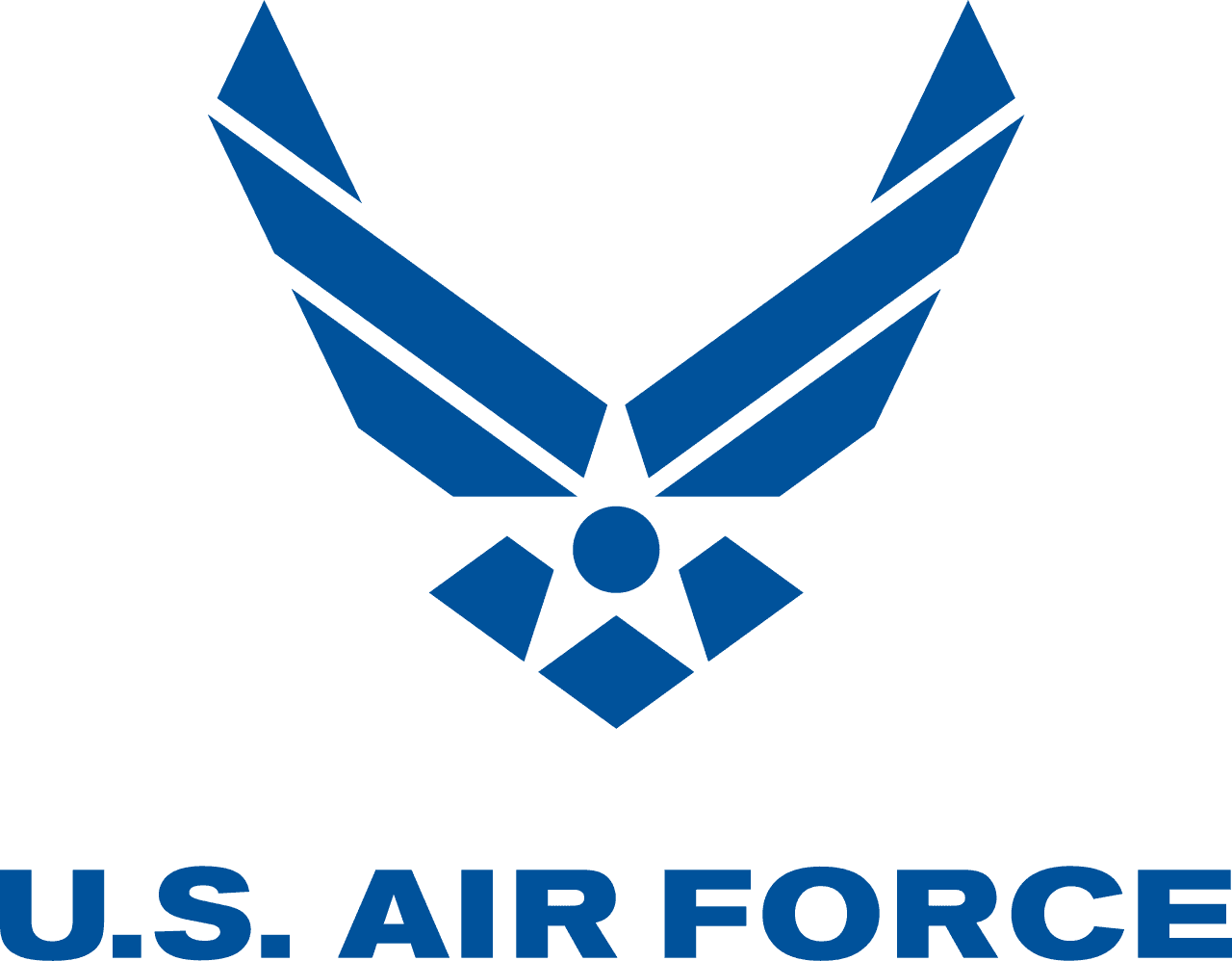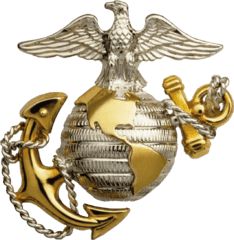Military Search and Rescue Operations Specialists
Overview
What are the responsibilities of this role?
Search and rescue operations specialists are responsible for locating personnel in distress, delivering them to safety, and providing necessary medical care. They operate in a range of environments and often require skills such as swimming/diving or parachuting. They may use advanced communications and imaging equipment to assist search and rescue efforts and are sometimes involved in the recovery of military equipment.
What is the work environment like?
Search and rescue specialists work and train on military bases, ships, or submarines. They may encounter harsh weather, often without protection, during missions in enemy–controlled areas. They may be exposed to smoke or flames if fighting fires.
How many people have this role in the Military?
7,922
Compensation
Understanding How Military Pay is More Than Just a Salary
Base pay is the standard income you’ll earn as a service member, providing a stable foundation to start achieving your financial goals.
- Always fixed based on rank and service time.
- Distributed monthly.
What is the typical salary range?
$49,640
$69,732
$93,705
Military Details
What Service Branches offer this role?
Is this a staff or leadership role?
What does the training for this role entail?
All enlisted service members complete basic military training, which includes time spent in a classroom and in the field, and covers tactical and survival skills, physical training, military life and customs, and weapons training. Search and rescue specialists gain skills through classes and on-the-job experience. Training content may include:
- Rescue and recovery operations
- Paramedic EMT first aid procedures
- Combat Survival training
- Underwater Egress Training
- Physical conditioning, parachuting, swimming, and scuba diving
- Use of land warfare weapons and communication devices
- Firefighting systems and equipment operations and inspections
- Explosives handling and disposal
- Bomb and mine disposal
Education
No data available for this section.
Skills and Interests
What knowledge is essential to bring to the table?
No data available for this section.
What personality traits help people thrive in this role?
No data available for this section.
Data supplied by Bureau of Labor Statistics, National Center of Education Statistics, Defense Manpower Data Center (View our update schedule). Contact any business, college or military service branch to answer additional questions.


